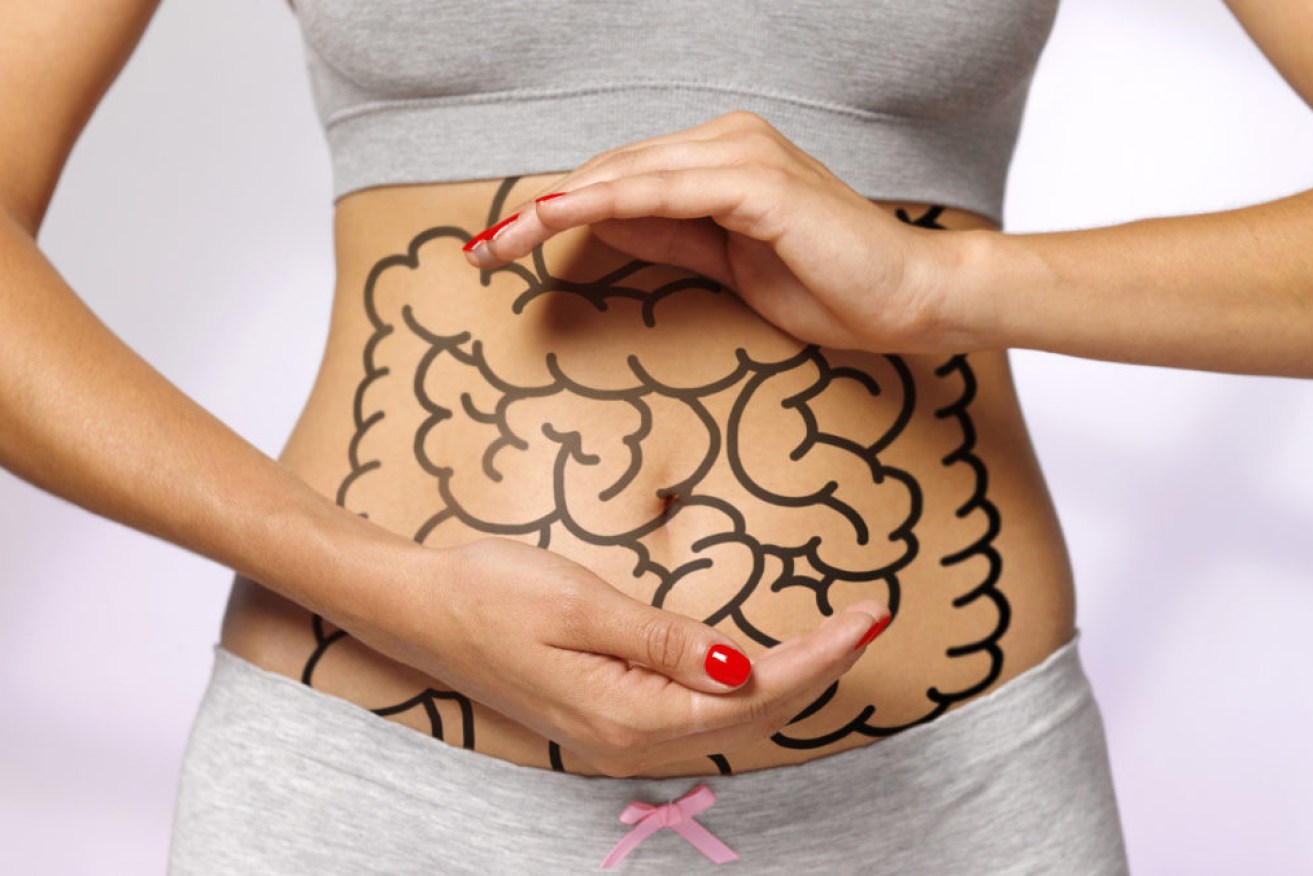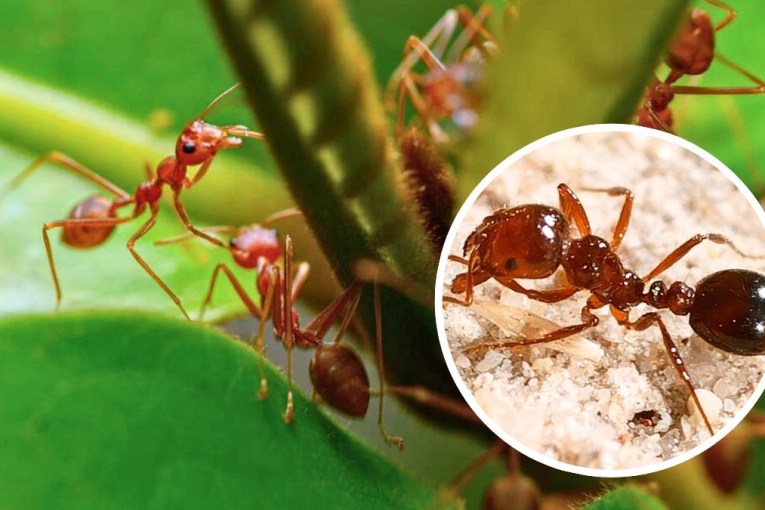Endometriosis sufferers often have depression and gut problems. This study could explain why

Endometriosis is often accompanied by depression and gut issues. Now scientists better understand why. Photo: Getty
Mention depression and gut issues, and many women with endometriosis will start nodding furiously.
But it has been difficult to prove a link between them.
In endometriosis, tissue similar to the lining of the uterus grows elsewhere in the body, causing pain, often in the pelvis.
Perhaps the gut issues were related to the pain people were feeling in their pelvis and lower abdomen?
And maybe the chronic pain of endometriosis, which is notoriously underdiagnosed and difficult to treat, was driving depression?
Genes validate link between conditions
Previous studies have shown women with endometriosis are twice as likely as the general population to have depression.
And similarly, women with depression have been found to be twice as likely as the general population to have endometriosis.
So Dale Nyholt, a geneticist at Queensland University of Technology, and colleagues, sifted through some big genetic databases looking for shared genetic risk factors for depression and endometriosis – and found several.
What’s more, genes associated with both were related to genes linked to conditions involving the gastric mucosa, like gastritis, peptic ulcer and gastroesophageal reflux disease (GERD).
Professor Nyholt says this suggests it’s not just an accident when these conditions show up in the same person, and while such studies can only tell you so much, they do focus on inherited rather than environmental factors that could be responsible.
“So by doing this type of analysis … we really confirm and validate that there’s something that’s biologically shared across individuals that suffer these traits.”
What does this mean for women with endometriosis?
People with endometriosis go an average of six-and-a-half years before they get a diagnosis, according to Endometriosis Australia.
Sophie Volker has had depression as well as endometriosis and gut problems.
Like many women, it took her a long time to get a diagnosis, and her doctors didn’t immediately draw the link between the three conditions.
“I’d had really painful periods and had had gut problems forever. I just thought that was a pretty normal part of my life,” she said.
“So I think the confusion of not having any kind of answers, not having a diagnosis and having pain all the time probably did contribute a little bit to my being depressed.”
And Kristie Perren, who has bowel problems and endometriosis so severe she had a hysterectomy on the day her daughter was born, struggled to get cohesive treatment even after she did have a diagnosis.
“I was told, ‘you need to go and see a gut doctor. We think you have IBS’. So I did a colonoscopy, went through all that and that doctor was saying, ‘You don’t have IBS, you’ve got endo’.”
Carolyn Cavanough had a hysterectomy decades ago as a last-ditch attempt to fix the crippling pain she experienced with endometriosis.
I just never considered that my mental health or my bowel or stomach ever had anything to do with my endo at the time.
– Carolyn Cavanough
“I always put the gut issues down to the body reacting to the pain.”
Hope for better treatment
This new genetic study doesn’t fix endometriosis – or gut problems or depression – but it’s another piece of the puzzle.
The researchers say the genes and pathways they have identified are potential targets for drugs.
For example, the findings also have implications for existing medications that people might use to treat their endometriosis pain.
Anti-inflammatory drugs like ibuprofen are commonly used for pelvic pain, but can make certain gut conditions worse.
Professor Nyholt says the link between the gut and the other two conditions indicates that dietary interventions might help with more than just stomach issues.
“There’s actually been some recent observational studies that suggested that you can improve outcomes for endometriosis and gastrointestinal symptoms by following some dietary considerations,” he said.
“In one example, they did a three-month administration of a low nickel diet and they found significant improvements in endometriosis and gastrointestinal-like symptoms, and a similar finding has been reported for a low FODMAP diet.
“This indicates that perhaps, particularly in a subset of women that have reported or have some of these gastrointestinal symptoms and endometriosis, that a careful look at their diet may relieve their symptoms.”








